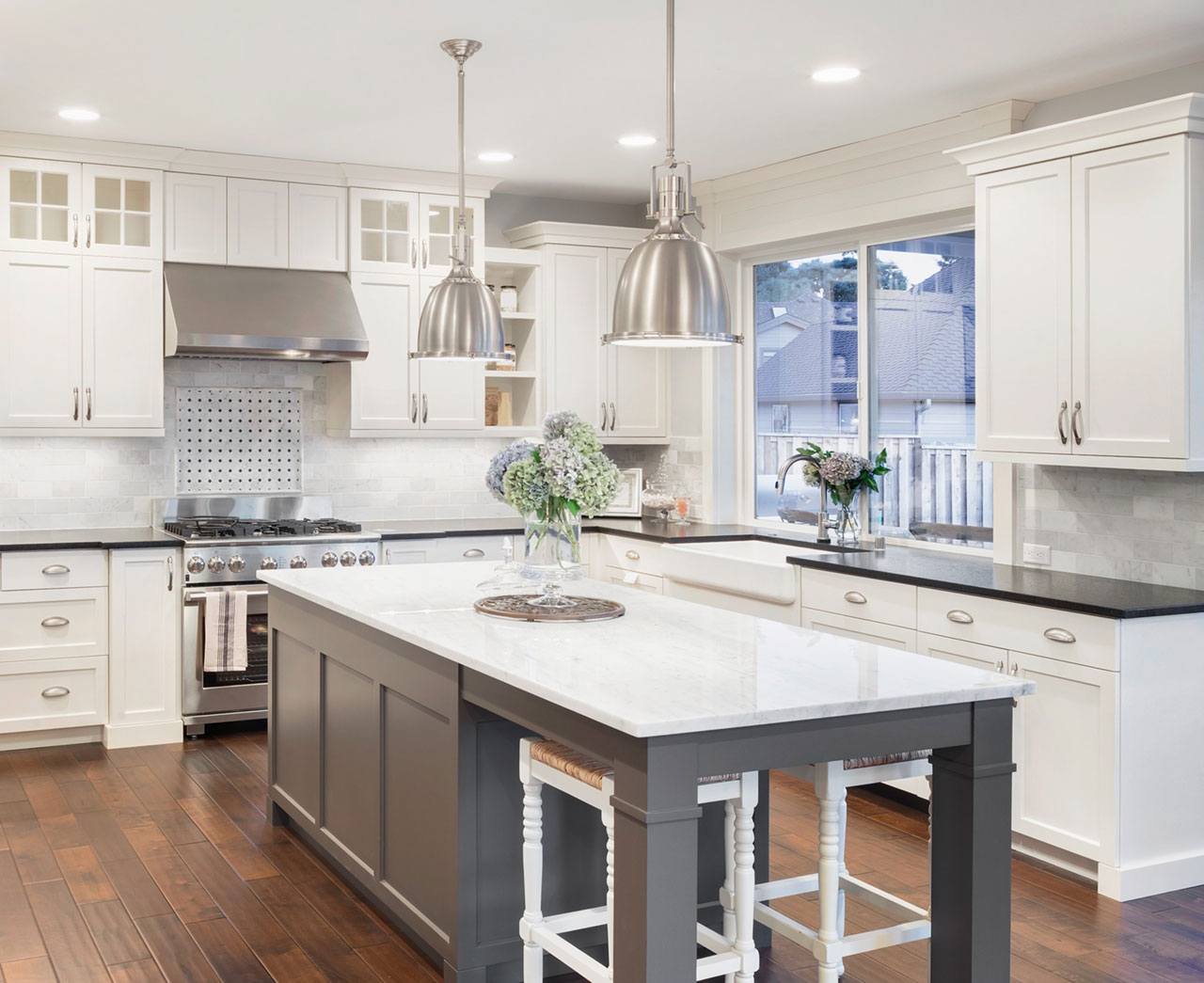
When buying home improvement products, many people overlook small details that can have a big impact in the future. That’s why it’s important to ask lots of questions and make sure you’re getting the best possible products. Here are some examples of what to ask:
Windows
Q: What is the window’s U-value?
A: U-value measures the rate of heat transfer and tells you how well the window insulates. The lower the U-value, the better the window insulates.
Q: How thick is the glass?
A: Most windows come with single-strength, 2.5mm glass panes, which is the minimum thickness available. By upgrading to double-strength, 3.2mm glass, you’ll not only get more durability, you’ll benefit from a more peaceful home environment due to the windows’ superior sound suppression.
Q: What kinds of spacers do the windows have?
A: Some windows have metal spacers, which more readily conduct heat and cold. For better insulation, consider buying windows with foam spacers.
Cabinetry
Q: Are the cabinets semi-custom or fully custom?
A: The term “custom cabinetry” is often used loosely, so it’s important to find out what you’re actually getting. Whereas semi-custom cabinets are premade products with flexible options (cabinet depth, drawer size, etc.), fully custom cabinets allow you to customize everything from the type of wood and finish to the dimensions of boxes.
Q: Where are the cabinets made?
A: American-made cabinets are manufactured to stringent safety standards, but this isn’t always the case with cabinets imported from other parts of the world. By choosing a product made in an under-regulated country, you risk being exposed to harmful chemicals in the cabinets’ paint or finish.
Tile
Q: Will the tiles be easy to install?
A: The size of your tile can impact the ease of installation. Smaller tiles require more tiles to be set, which often makes installation take longer. However, large tiles require a more even and solid base surface to prevent cracking, so preparation may take longer than usual.
Q: Are the tiles susceptible to liquid/oil stains?
A: Most ceramic tiles are glazed, which means you shouldn’t have to worry about water or other liquids penetrating the surface. If your tiles aren’t glazed (or if you have stone tiles), you can apply a sealant to the surface that will make it resistant to water and oil.
Q: Are the tiles environmentally-friendly and sustainably made?
A: Tile is actually one of the most environmentally-friendly floor choices available on the market. Most types of tile flooring, including ceramic and porcelain, have an expected lifespan of at least 50 years when installed correctly. Flooring tiles are also hypoallergenic, and kiln-fired tile is free of volatile organic compounds (VOCs). Regarding sustainability, most tile factories can reuse water and materials, so even the manufacturing process is much cleaner and less wasteful than factories that make other types of flooring.
Need help with a home improvement project? Find a Diamond Certified company in your area
